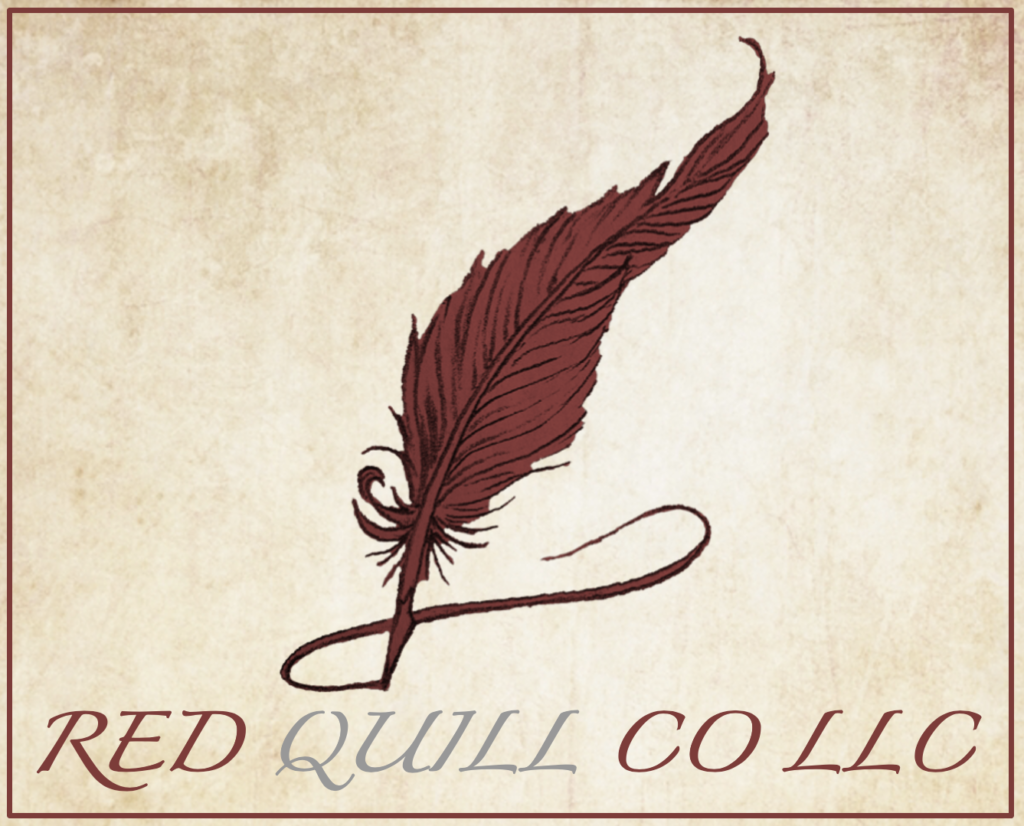What Is It & Do You Really Need It?

There is a lot of representation in books, video games, and television for those who are male, white, cisgender, straight, neurotypical, young, thin, well educated, have no disabilities, and the like. But what about those who do not fit that mold? What if we want to create a diverse world within our book? How do we execute it in the best possible way even if we don’t relate to all of the communities we wish to represent? One way is to hire authenticity readers.
What Is Authenticity Reading?
Authenticity reading is known by many names—sensitivity reading, diversity reading, targeted beta reading, and cultural consulting, among others. But what exactly is it and how do you know if you need it for your book? (Hint: if you aren’t sure, then chances are, you do.)
This service can help with pretty much anything you could possibly think of—race, religion, disabilities, sexual orientation, body size, age, socioeconomic status, caregiving, abuse, adoption, military life, gaming and fandom, or basically anything else you want to write about but can’t directly relate to.
Does Your Book Need an Authenticity Reading?
An authenticity reading can be used for any genre where an author is writing about a character outside of their own identity. When we write about something we don’t know, we often revert to stereotypes and jokes, which can be inauthentic and even harmful to those who do relate to that character’s community.
Many authors have good intentions when they try to create or include a diverse world within their book. But even with thorough research, we still can’t fully get into the head of someone from a community that differs from our own. Because of this, the representation of characters we can’t directly relate with often ends up being poorly executed, and therein lies the problem. So, if you’re asking whether your book needs an authenticity reading, then the answer is most likely yes.
Save Yourself from Unnecessary Negative Reviews
An authenticity reading won’t guarantee that your book won’t be critiqued or criticized, but without it, your book could wind up receiving a lot of negative publicity, bad reviews, canceled contracts, and financial losses. Having your book analyzed by someone from the community you are trying to write about before you publish can help eliminate most or all of the issues before they become a problem.
Representation Is a Good Thing if Done Well
Representation is important for everyone, especially children who are still developing their sense of who they are and what value they have to offer to the world. All children want to see someone like themselves as the princess or the hero of the story. (Need proof? Check out this video that shows young Black girls reacting to Halle Bailey as the new Ariel.) Seeing someone like them in a positive representation can affect how they see and feel about themselves, show that others like them exist and celebrate them for who they are, and can be empowering and affirming.
In general, representation is good, but not all of it is good representation. If done well, it can provide children with the power and confidence that they can achieve amazing and wonderful things. It proves to them that their dreams really can come true, no matter their background. Being able to relate to their favorite character helps children feel included, seen, validated, and important. But there is a word of caution here too—even if you have good intentions when writing about a diverse character, if it is poorly executed, it can actually do the opposite and cause harm.
How to Write Diversely in a Positive Manner
Your readers are trusting that you have done your best to present all aspects within your book to the best of your abilities. So, how do you include diverse characters without falling victim to contributing to the stereotypes or harming that particular community? Do your research as you write, and then hire authenticity readers prior to publishing.
Some wonderful resources while you are in the writing process are Writing with Color and Writing the Other. The former offers resources for race, ethnicity, and religion in the form of recommended reading, tips on avoiding stereotypes and tropes, and a Q&A section where you can post your question to be answered by that community (be sure to read the rules before posting). The latter offers webinars and classes, recommended reading, and links to videos and podcasts in relation to race and culture, disabilities, sexual orientation, body type, and more.
What to Expect from an Authenticity Reading
As far as what form of deliverable you should expect, it can vary from one reader to the next. You might receive comments directly on your manuscript, a letter, or both. Ultimately, you should be receiving feedback that is well thought out, detailed, and constructive.
Remember, your authenticity readers are not seeking to find offense with your work, but rather aiming to enhance the representation of their community. Their goals are to help you identify potentially harmful elements, assess the effectiveness of your language, evaluate bias, and strengthen the representation of that community within your writing. In the end, you both want the same thing—to make everyone feel included, validated, powerful, and confident.
When to Hire an Authenticity Reader
The timing as to when to hire an authenticity reader really depends on how crucial the element of that community is to your book. If your diverse character is one of your main characters, it might be a good idea to get it done sooner than later—perhaps once you’ve finished your first draft or had your developmental edit completed. Even if the community represented only plays a very minor role, you will still want to have this done before you hire your copyeditor. Otherwise, you may end up needing to do extensive rewrites, which means redoing the copyedit all over again, and nobody wants to throw money away on two rounds of copyedits when you should be able to do it once.
What Qualifications Should an Authenticity Reader Have?
There is no amount of training someone can take in order to be well versed in every possible diverse community. Therefore, the biggest factor when hiring an authenticity reader is that they must be a part of the community you are trying to represent. Keep in mind that intersectional identities can’t be broken down. For example, if your character is a lesbian woman of color, you shouldn’t hire a white woman and a Black man to do the reading for that character because they would only have one piece of the character’s identity.
That being said, you may need more than one authenticity reader for each community since that one person can only truly relay their own personal experience. They can tell you what they feel, but they can’t tell you how everyone within their community will view it. One person simply can’t represent an entire group or community, much like your experience could be drastically different from your neighbor of the same race, religion, body size, etc.
Should You Expect to Pay?
Authenticity readers are essentially beta readers with an extra oomf. They read for a specific topic and evaluate the representation of the identity or experience with which they can relate and you cannot. They offer a very specific service that you can’t get otherwise. So yes, expect to pay them for their expertise and emotional labor.
Like editors, authenticity readers charge a range of fees, anywhere between $0.005 and $0.02 per word. Their rate should reflect how much value they can bring to your book, how intricate or complicated the topic of their community is within your book, and how much work it will be for them to write detailed notes that will help you enhance the representation.
Where to Find Authenticity Readers
You can reach out to your writing groups on Facebook, and this may work well during your writing and research phase. But my recommendation when you are finished writing is to go to a professional directory, such as the Editors of Color Database or Writing Diversely. These databases consist of people from diverse communities who perform authenticity reads on a professional level. Also, be sure to check out my colleague and friend, Joy Holmes of Joyful Author Services. She identifies with several minorities and may be just who you need for your authenticity reading!
Final Thoughts
If you are unsure whether you need an authenticity reader, chances are you do. One of your jobs as an author is to do your research and put in your best efforts to represent everyone in an authentic manner. However, if you have any characters—whether they have a major role in your book or are simply supporting—who are from a different community than your own, you can’t truly relate to them no matter how much research you do. Hiring authenticity readers can help bridge that final gap. Remember, words have power, so ensure you use yours to represent everyone in the most authentic and empowering way possible.
Red Quill Co LLC
Think you might be ready for an editor? If you’re unsure what type of editing you need, want to know how much it might cost, or simply have a question for me, Contact Me today. I am happy to discuss your manuscript with you!
Return to the Tips for Writers index


